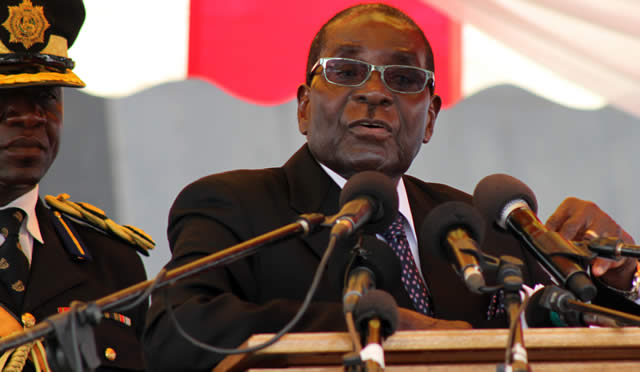Diesel power project hits snag

Harare Bureau
ZIMBABWE’S first commercial diesel power plant has been delayed amid reports that Zesa Holdings will not be able to sign an offtake agreement without a new tariff in place.
The government awarded, Sakunda Holdings and Glasgow-based temporary power firm Aggreko a tender to supply 200 megawatts of electricity to alleviate power shortages. The plant, to be located in Dema was expected to start supplying electricity to the national grid by end of this month.
However, sources said Zesa is “unable” to sign an offtake agreement with the suppliers in the absence of a new electricity tariff.
A tariff hike proposal has been made and is being considered by the Zimbabwe Energy Regulatory Authority. The Dema project was classified by the government as “urgent” and needed to “be expedited to avert critical power shortages” in the country.
“The tariff is the one which will determine the amount of power Zesa will purchase,” said one source. “It’s a three- year agreement and Zesa is really cautious about that.”
There are indications that the cost per unit of electricity from the diesel plant would cost as much as 18c/kWh compared to 15,5c kWh the power utility is paying for imports from Mozambique and 13c kWh from South Africa. Zesa sells at an average of 9,89 kWh.
The power utility is spending $6,6 million on imports every month, mostly for supplies from South Africa and will soon make additional imports from Lusefwa of Zambia.
“What will probably make the cost of electricity high is that the equipment and generators will be hired from Aggreko while Sakunda will supply the fuel,” another source said.
London listed firm Aggreko is involved in several temporary power projects worldwide. No official comment could be obtained from Zesa by the time of going to print.
The Emergency Diesel Power Station at Dema Substation is part of the Sakunda’s ambitious 10-year mega electricity project that would, cumulatively, cost about $2 billion and result in the country generating enough power for domestic use and export by 2018.
Based on Sakunda’s future plans, the Dema project would constitute phase one of its intended multi-billion dollar project that would see the fledgling company producing 870 megawatts by 2018, according to presentation made to government.
Zesa is also planning to set up an emergency power plant in Mutare, which will be fired by a dual mechanism that can either run on gas or diesel to be used in cases of major faults. Zimbabwe is putting in place measures to mitigate rolling power cuts which have persisted over years. The government is implementing various projects to increase power availability.
These include expansion of Kariba Hydro Power Station and Hwange Thermal Power Station. The power cuts had been so severe with many residents suffering up to 18-hour blackouts.
They were also hurting businesses, particularly mining companies.
However, the power situation improved significantly in the past few weeks owing to a number of initiatives put in place by Zesa, but this can only be sustained with a viable tariff rate.
A combination of imports and improved generation at some local units has helped to increase availability of electricity, Zesa spokesperson Fullard Gwasira told a business conference recently.











Comments